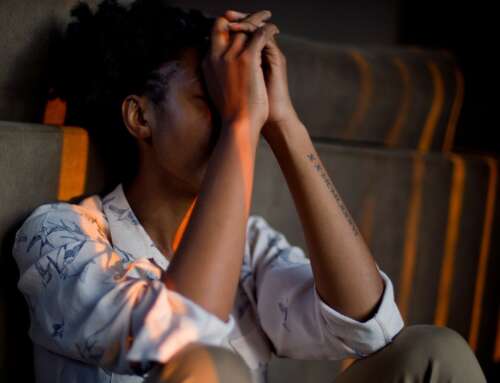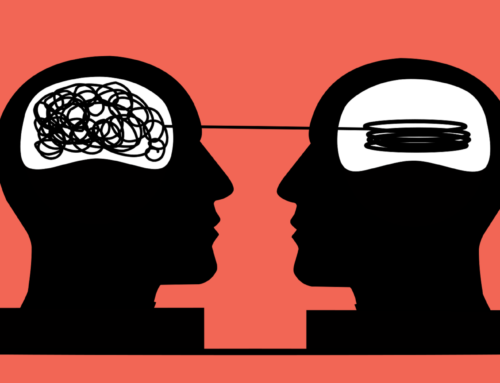Mental health is a major concern on college campuses around the world. According to new research published by the American Psychological Association, over one-third of first-year college students are impacted.
Researchers from the World Health Organization, led by Columbia University Psychology Professor Randy P. Auerbach, surveyed nearly 14,000 first-year college students from eight countries (Australia, Belgium, Germany, Mexico, Northern Ireland, South Africa, Spain and the U.S.) and found that 35 percent struggled with a mental illness. Auerbach says this finding “represents a key global mental health issue.”
The most common mental illness was major depressive disorder, with 21.2 percent of respondents experiencing lifelong symptoms, followed by general anxiety disorder, which affects 18.6 percent of students.
Though schools around the world have made serious investments in mental health resources, the researchers found that colleges are still ill-equipped to deal with the surge of mental healthcare needs.
“While effective care is important, the number of students who need treatment for these disorders far exceeds the resources of most counseling centers, resulting in a substantial unmet need for mental health treatment among college students,” Auerbach tells EurekAlert. “Considering that students are a key population for determining the economic success of a country, colleges must take a greater urgency in addressing this issue.”
He remains optimistic that innovations and advancements in online mental health resources will provide students with low-cost accessibility to healthcare resources.
“University systems are currently working at capacity and counseling centers tend to be cyclical, with students ramping up service use toward the middle of the semester, which often creates a bottleneck,” he explains. “Internet-based clinical tools may be helpful in providing treatment to students who are less inclined to pursue services on campus or are waiting to be seen.”
Dr. Sherry Benton is the former director of the University of Florida counseling center, current Vice President of the Society of Counseling Psychology of the American Psychological Association and founder of TAO Connect, the kind of online mental health resource Auerbach mentions. She tells CNBC Make It there are several things that students can do to stay on top of their mental health while in college:
Don’t self-medicate
Benton says that common misconceptions about what college life is like can lead to mental health difficulties. “Students often assume that heavy alcohol use and drug use are somehow pervasive and acceptable,” she says “Students are surprised to learn most of their classmates are not drinking to excess or using drugs and that the average number of sexual partners in a year is one. About one out of five students does not drink at all… Excessive drinking is the exception, not the norm.”
– Abigail Hess







Leave A Comment